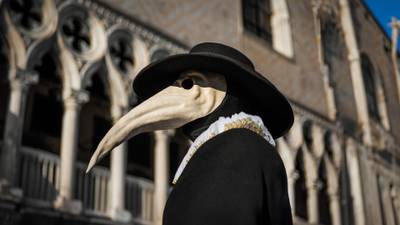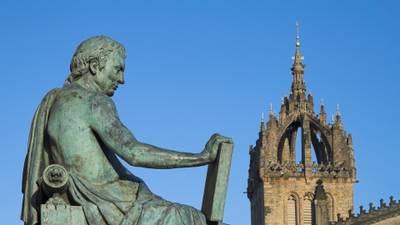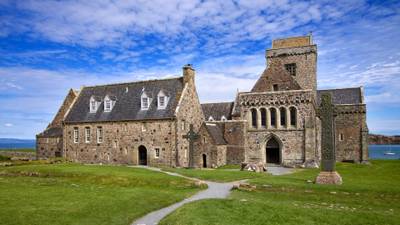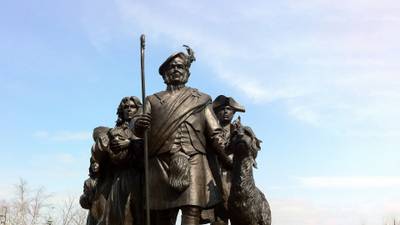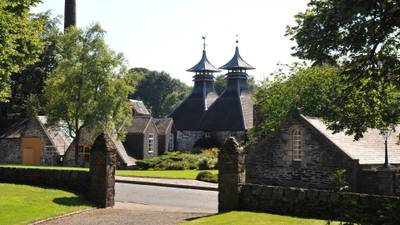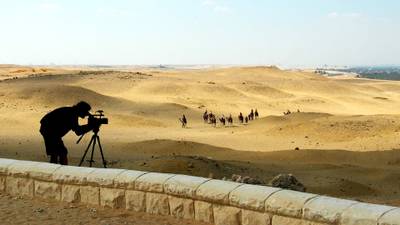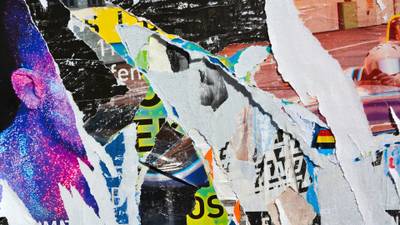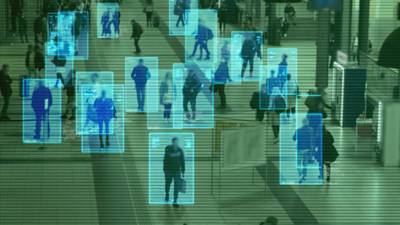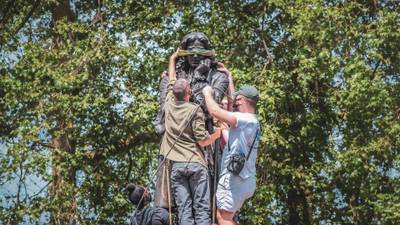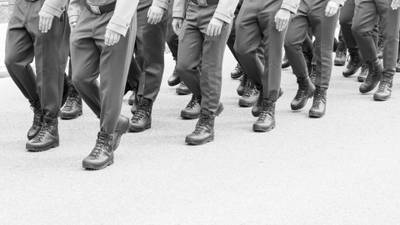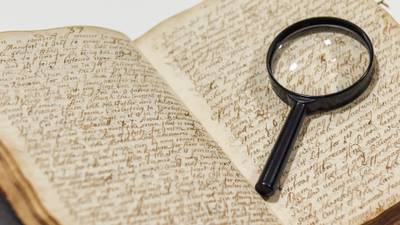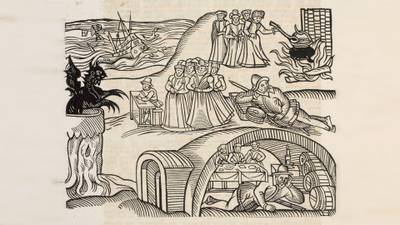Study the history of Scottish art online with an expert team.
Join us online and discover Scotland’s fascinating visual history across the 18th and 19th centuries.
In this flexible online short course, you’ll examine the changing ways in which artists represented Scotland’s identity in this period. You’ll explore:
- what makes art Scottish
- how Scottish art evolves, and
- the various visions it offers of the country.
Drawing on in-depth case studies, you’ll develop your skills in analysis and synthesis. You’ll also learn to critically examine works of art, and discuss them within the broader contexts of contemporary literature, politics and social history.
Who can join this online Scottish art history course?
This distance learning art history course is for anyone, anywhere in the world, with a personal or professional interest in Scottish art.
It’s also particularly relevant to employees of heritage bodies, like The National Trust for Scotland and Historic Scotland, as well as to librarians, archivists and volunteers in organisations with an interest in the visual history of Scotland.

Build credits towards a Masters degree
This online course is part of:
You can use the credits you earn on this short course towards this MLitt qualification.
What you’ll study
In this course, you’ll focus mainly on Scottish painting across the 150-year period following the 1707 Union.
You’ll cover topics including:
- the reception of Scottish art and artists at home and abroad
- the impact of the Scottish Enlightenment on portraiture and landscape painting
- artistic responses to social change and industrial development
- the painting of Scottish historical subjects following the 1707 Union
- the invention of romantic Highland identities and their enduring popularity
- the emergence of professional female painters in Scotland.
You’ll examine the construction and representation of Scottish identity in this period, exploring the changing patterns of patronage, links with England and Continental Europe, and the effects of the Union on Scottish painting.
Alongside painting, you’ll consider architecture, prints, and drawings too.
By the end of this course, you’ll be able to...
-
Explain the important elements of Scottish visual history.
-
Describe and apply different historiographical approaches to a range of source material.
-
Critically analyse visual and written sources.
Choose the University of Aberdeen for online Scottish art history courses
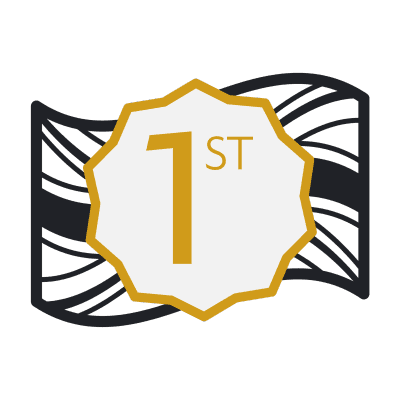
1st in the UK for History of Art
We’re ranked 1st in the UK for positive student responses in the 2025 National Student Survey.
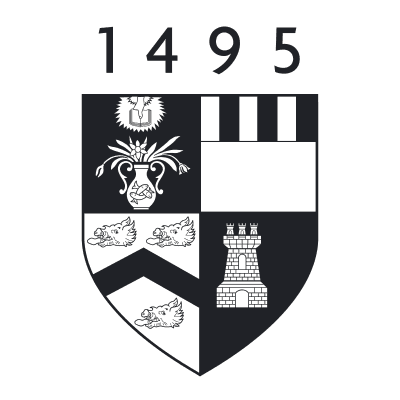
Over 525 years of excellence
Study with the fifth-oldest university in the English-speaking world, founded in 1495.
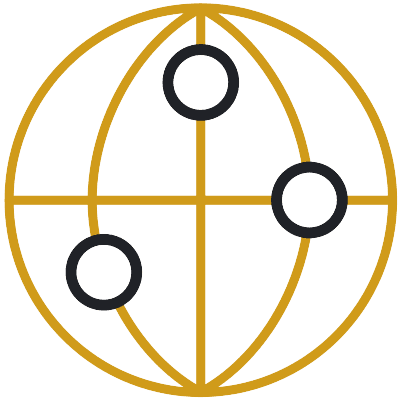
Learn anywhere
On smartphone, desktop and laptop, with no need for a student visa.
How you’ll study
Online learning
This distance learning Scottish art history course is delivered flexibly, 100% online.
You can learn with us anywhere in the world, no student visa required, and manage your study hours to suit you.
Your teaching
This course is taught at Masters level by the School of Divinity, History, Philosophy and Art History.
Teaching is delivered through MyAberdeen, our online Virtual Learning Environment (VLE). It holds all the materials, tools and support you’ll need in your studies. Take a look around MyAberdeen.
You can access your learning materials on computer, smartphone and laptop, 24 hours a day. You’ll find a range of online resources available, including:
- videos and audio clips
- quizzes
- slide shows
- reading materials
- discussion boards with your tutors and peers
- online access to our remarkable University Collections and award-winning Sir Duncan Rice Library.
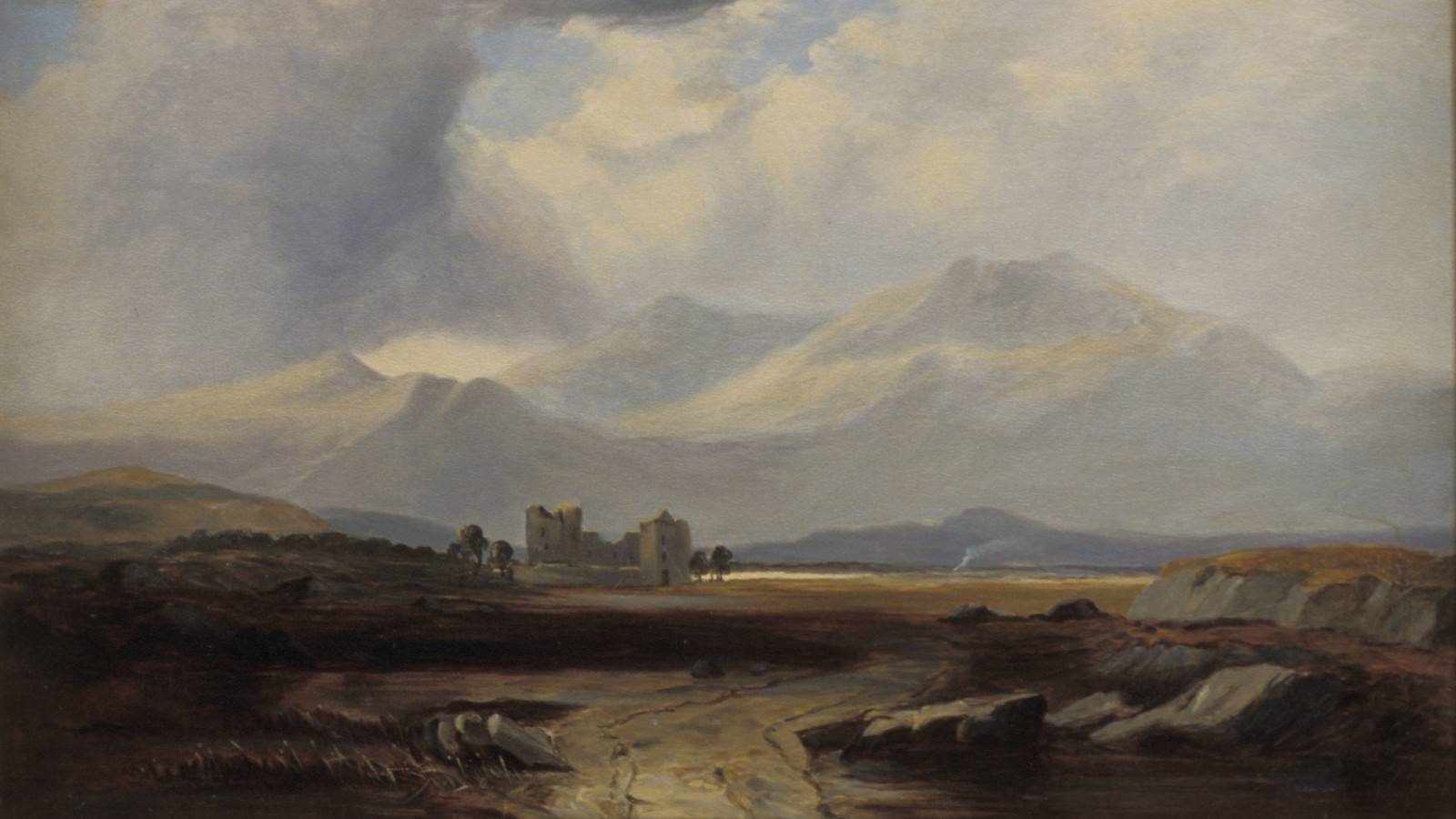
Unique archive access
You’ll have online access to our unique University Collections.
These rich and fascinating archives feature works including the atmospheric painting we’ve chosen as this course’s image, Loch Awe, Argyll and Bute by Horatio McCulloch (1805-1867).
This courses is assessed online.
You’ll be assessed via:
- an essay (worth 60% of your final course grade)
- online assessments (worth 30%), and
- your participation in online discussion boards (worth 10%).
This course totals approximately 300 hours of study and assessment time.
That’s around 15 – 20 hours per week in regular topic work and independent study, with more time required around assessments.
This is an indicative guide to the time required for a typical student at this level to achieve the learning outcomes. This includes time for independent study, as well as teaching and assessments.
You can largely set your own study hours to cover the materials. MyAberdeen is available 24/7, so you can log in and study when it suits you.
Activities at fixed times
There may be some activities scheduled at fixed times, such as online meetings with your tutor or assessments with deadlines. But otherwise, you can access and work through the course at your convenience.
Our first-class support structure will ensure that you aren’t alone in your studies.
You’ll have contact with your coordinator via email, MyAberdeen, Microsoft Teams, or phone. You can use social media and discussion boards to chat with your fellow students too.
We provide a wide range of services to support you in your studies and beyond:
- Careers and Employability Service
- Disability support
- IT support
- Library support
- Student Support Service – help with finances, wellbeing and non-academic issues
- Student Learning Service – study support, with advice sessions available
- Aberdeen University Students’ Association (AUSA) – run by students for students
- Toolkit – clever apps and free training that can make your study life easier
Wherever you are in the world, you’ll feel part of our very special Aberdeen learning community.
Your course coordinator

Dr Helen Pierce
Helen is a Senior Lecturer in Art History. She’s a specialist in British art of the 17th and 18th centuries, and is a Fellow of the Society of Antiquaries of Scotland. Helen is currently researching the Scottish sketching tours of the English amateur artists Francis Place and William Lodge.
View Helen’s profileWhere this will take you
Towards a Masters degree
You can use the 30 Masters-level credits you’ll earn with this course towards our:

Masters in Scottish Heritage
Explore the rich history, art and philosophy of Scotland and its people. Access rare archive treasures and award-winning online teaching, with this flexible online Masters.
View MLitt Scottish HeritageBuild your learning
You’ll earn 30 credits at Masters level (SCQF Level 11) with this course. It’s one of several Scottish Heritage short courses that we offer online:
- Approaches to Research: Archives and Sources
- Jacobite Scotland: Cultures, Identities, Legacies 1688-1830
- Pandemics and Plagues: History’s Deadliest Diseases
- Scotland: A Millennium of History
- Scottish Church History: From Columba to Graham
- Scottish Witch-Hunting and the Rise of a Protestant Culture 1590-1690
- The Philosophy of the Scottish Enlightenment
- The Scottish Diaspora
Choose the University of Aberdeen for flexible online short courses

You’re in expert hands
We’ve been delivering online and distance learning for decades.

Flexible
Flexible hours and 24/7 access, so you can study when it suits you.

20% alumni discount
University of Aberdeen alumni get 20% off fees for this online course.
Entry requirements
Entry requirements
We welcome students from all over the world.
This course has no formal entry requirements. You do not need to provide proof of your qualifications.
But you do need to check the entry guidance above to understand the level of teaching delivered, to decide if this course is right for you.
If you do not have qualifications from the UK, check the equivalent teaching level for your country.
Visa requirements
You do not need a student visa to study online with us.
English language requirements
Teaching is delivered in English.
You do not have to provide proof of your English language skills to join this course. But we want to make sure that you can use English well enough to study successfully.
Recommended level of English
This course uses our Postgraduate Higher level of English language proficiency.
These are our Postgraduate Higher requirements, and these are minimum scores.
IELTS Academic, IELTS UKVI Academic, or IELTS Online (not IELTS Indicator or IELTS General Training)
- 6.5 overall
- 5.5 for listening and speaking
- 6.0 for reading and writing
TOEFL iBT or TOEFL iBT Home Edition
- 90 overall
- 17 for listening
- 21 for reading
- 20 for speaking
- 21 for writing
- TOEFL DI code is 0818
Cambridge English: B2 First, C1 Advanced, or C2 Proficiency
- 176 overall
- 162 for listening and speaking
- 169 for reading and writing
LanguageCert Academic / LanguageCert Academic SELT
- 70 overall
- 60 for listening and speaking
- 65 for reading and writing
Oxford ELLT Digital – English Language Level Test Online
- 7.0 overall
- 5.0 for listening and speaking
- 6.0 for reading and writing
PTE Academic (online test not accepted)
- 62 overall
- 59 for listening, reading, speaking and writing
Skills for English: SELT
- B2 pass with merit
Duolingo – tests taken from 1 July 2024 onward
- 120 overall
- 95 for listening and speaking
- 105 for reading and writing
University of Aberdeen English Pre-sessional Programme (PSE)
- Pass
- Valid for one year. Refresher can be offered if out of date
Pre-sessional academic English preparation programmes undertaken at other UK universities
- Pass at an equivalent of 6.5 (C1)
- B2 in all four skills
- Certification must be within one year prior to the start of your course
For more information about language qualifications see our English Language Requirements page.
You will need access to:
A computer (PC, laptop or Mac) with an up-to-date operating system
Most teaching materials are smartphone- and tablet-friendly. But we recommend a proper laptop or desktop for completing assignments comfortably.
Reliable internet access
We recommend:
- a wired connection
- a minimum download speed of 2 Mbps so you can take part fully in live sessions.
Speakers or headphones
- We recommend a headset with built-in microphone and earphones if you’re likely to study in an environment with background noise.
- A webcam is optional, but you may like to use one for some interactive sessions.
Software
We’ll give you access to Office365 applications. This means you can use online versions of Microsoft Word, Excel, PowerPoint and OneDrive and install these programs on up to five personal devices.
If your course requires specialist software, we’ll provide you with access to this and a licence that lasts throughout your studies.
See our detailed IT requirements for more information.
When you study with us, you can expect a first-class support structure so that you’re never alone in your studies.
But learning online does mean you have to motivate yourself and manage your own time.
Your most important commitment will be time – the time to work through, reflect on and understand your teaching materials.
Before you start a course that involves a high degree of independent study, we recommend looking at the time you will be able to devote to your studies each week:
- Be realistic
- Create a weekly schedule as a guide
If you have any questions about studying online, get in touch with our friendly team. We’re here to help.
Fee payment
Your course fee needs to be paid in full before you start your course.
We accept payment via Visa Debit, Visa Credit and Mastercard.
Ways to save
You may be able to get help funding this course via:
- discounts – if any discounts are available for this course, they’ll appear in the section below
- employer sponsorship – we accept full and partial fee payments from sponsors.
Find out more about funding options.
Student card
All our students are entitled to a University of Aberdeen student card. This gives you access to a range of student discounts around the city and online.
This course has no formal entry requirements. You decide if it’s suitable for you.
The course is delivered at Masters level. At this level, you’d usually have at least
- a 2:2 UK honours degree (or equivalent), or
- relevant experience that supports this level of study.

